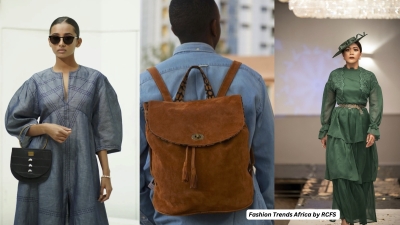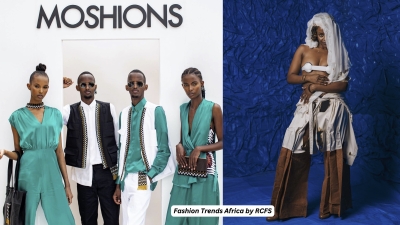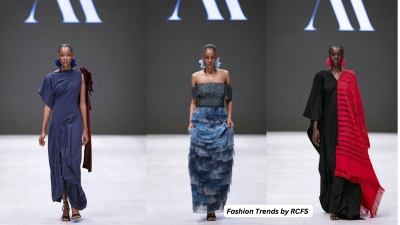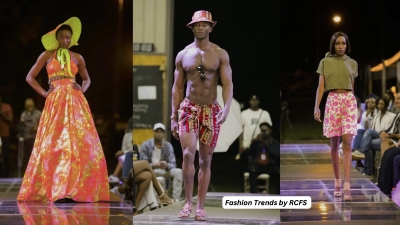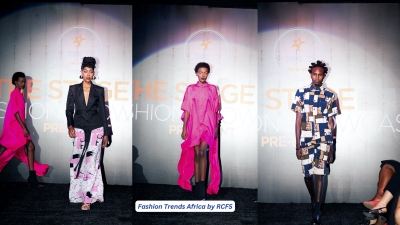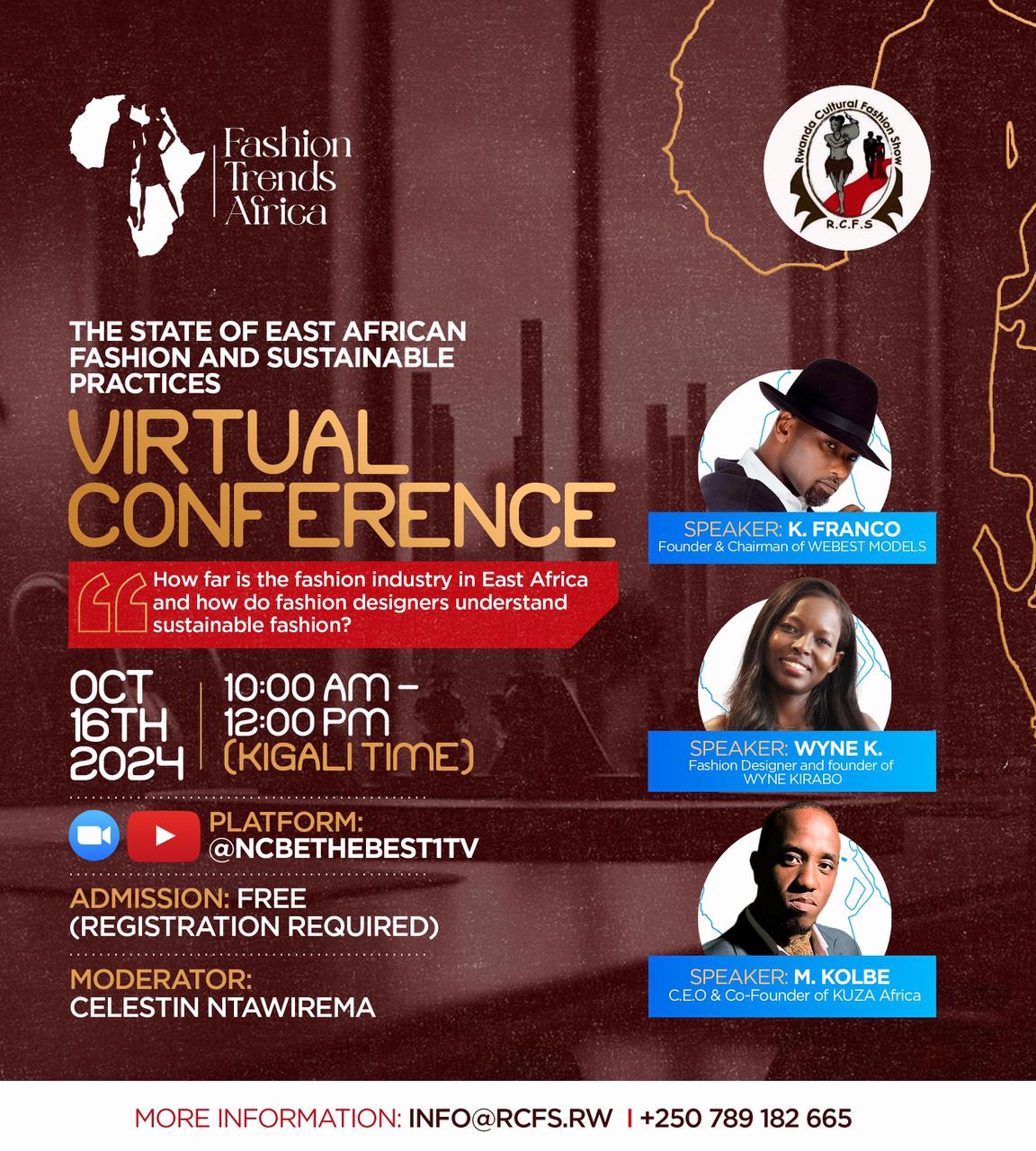![[In the photo; the first two collections were made by Matheo, then, a collection made by Umuheto Creative, and the last wedding dress was made by Tanga Designs]](/media/k2/items/cache/85217272b4e7187cce0880e98f060661_L.jpg) [In the photo; the first two collections were made by Matheo, then, a collection made by Umuheto Creative, and the last wedding dress was made by Tanga Designs]
[In the photo; the first two collections were made by Matheo, then, a collection made by Umuheto Creative, and the last wedding dress was made by Tanga Designs]
What is Working and What Needs to Change in Rwanda's Fashion Scene?
Rwanda's fashion industry encompasses a broader perspective than many realize. While the term "fashion" often evokes images of designers creating clothing, it also includes tailors, photographers, promoters, bloggers, journalists, and private investors. To thoroughly answer the question of what's working and what needs to change, we must examine all aspects of the industry.
Over the past six years, numerous fashion entrepreneurs across Rwanda have attempted to address this question, albeit without definitive answers. However, their efforts have not gone unnoticed. Currently, initiatives like Kuza Africa are working to provide solutions.
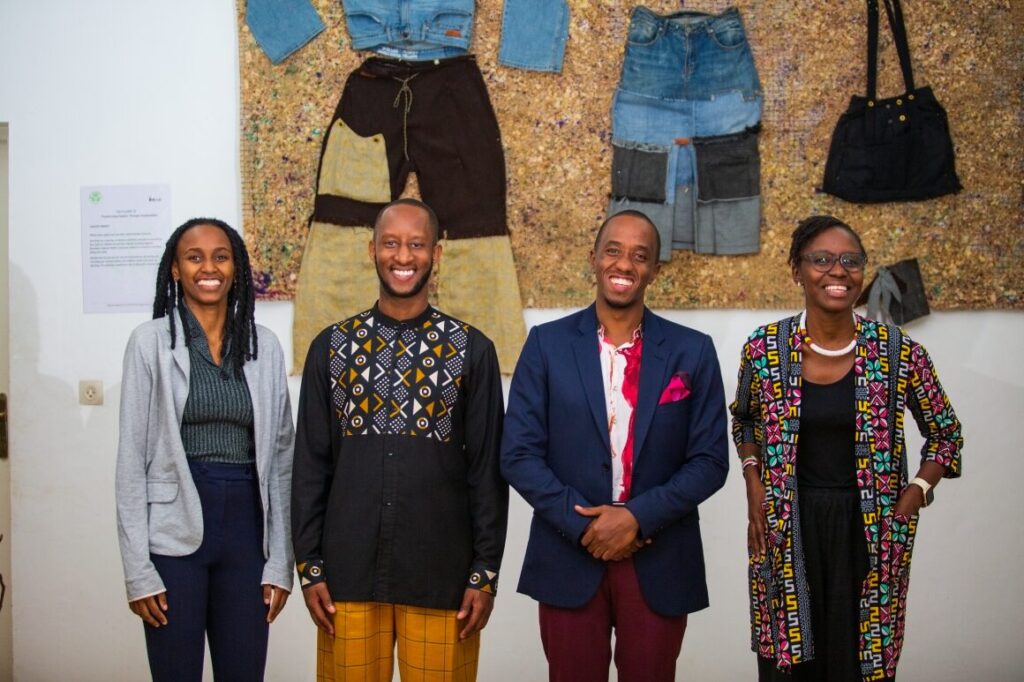 Team member of Kuza Africa, A hub that empowers aspiring fashion and creative entrepreneurs in Africa based in Rwanda [Photo Credit: Kuza Africa]
Team member of Kuza Africa, A hub that empowers aspiring fashion and creative entrepreneurs in Africa based in Rwanda [Photo Credit: Kuza Africa]
Kuza Africa's Contribution
Kuza Africa offers mentorship and training programs to equip aspiring African fashion entrepreneurs and creatives with the tools, skills, and opportunities necessary for building sustainable, successful businesses. Recently, the organization in partnership with Noverlity Fashion Week 2024 hosted discussions revisiting the question: "What is working and what needs to change in Rwanda's Fashion Scene?" This effort aims to contribute to building a sustainable fashion industry in Rwanda.
On September 4th, 2024, at the Institut Français in Kigali, in partnership with Noverlity Fashion Week 2024, Kuza Africa organized a panel discussion titled "Empowering Rwandan Fashion." The event brought together fashion designers, experts, and entrepreneurs, including models, to identify challenges and opportunities for growth and development.
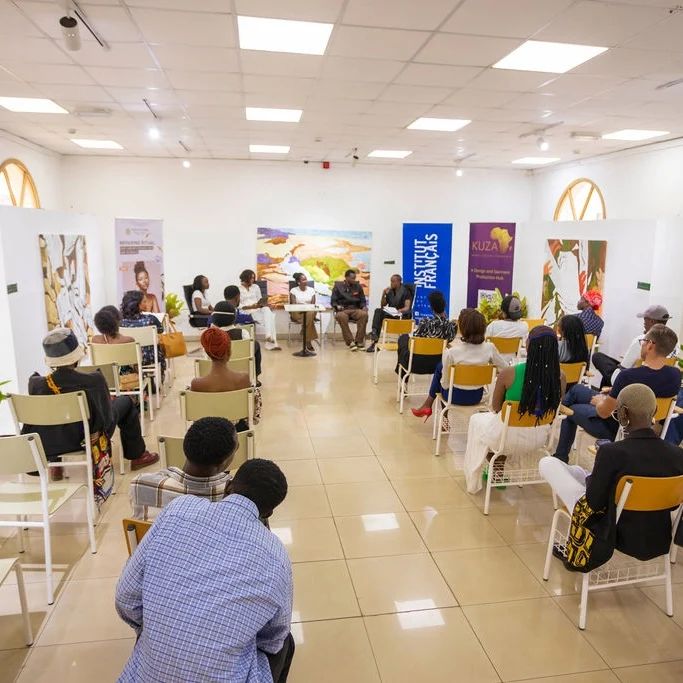 Participants during the discussions at the Institut Français in Kigal [Photo Credit: Kuza Africa]
Participants during the discussions at the Institut Français in Kigal [Photo Credit: Kuza Africa]
Moderated by Maximilien Kolbe Uwayo Hategekimana, the panel featured: Chris Manzi, Co-Founder of Wear Fragile, Fiona Uwamahoro, PhD Researcher at London College of Fashion, Gikundiro Jo, Founder of KONI Clothing and Cleo, Founder of Charmille Couture
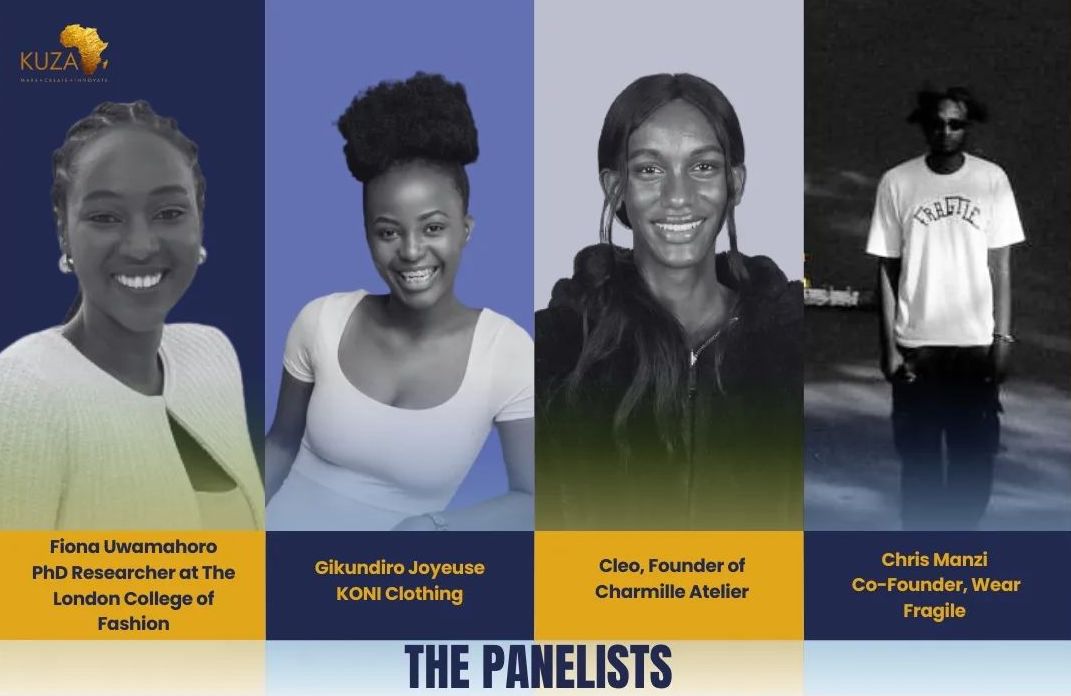
Current Landscape and Personal Journeys
The panel began by exploring the current state of Rwanda's fashion industry. While acknowledging the emerging talent pool, panelists emphasized challenges that hinder growth, such as limited access to high-quality materials, funding, and essential business skills. They also highlighted the uniqueness of Rwandan fashion, particularly its potential to blend traditional elements with contemporary designs.
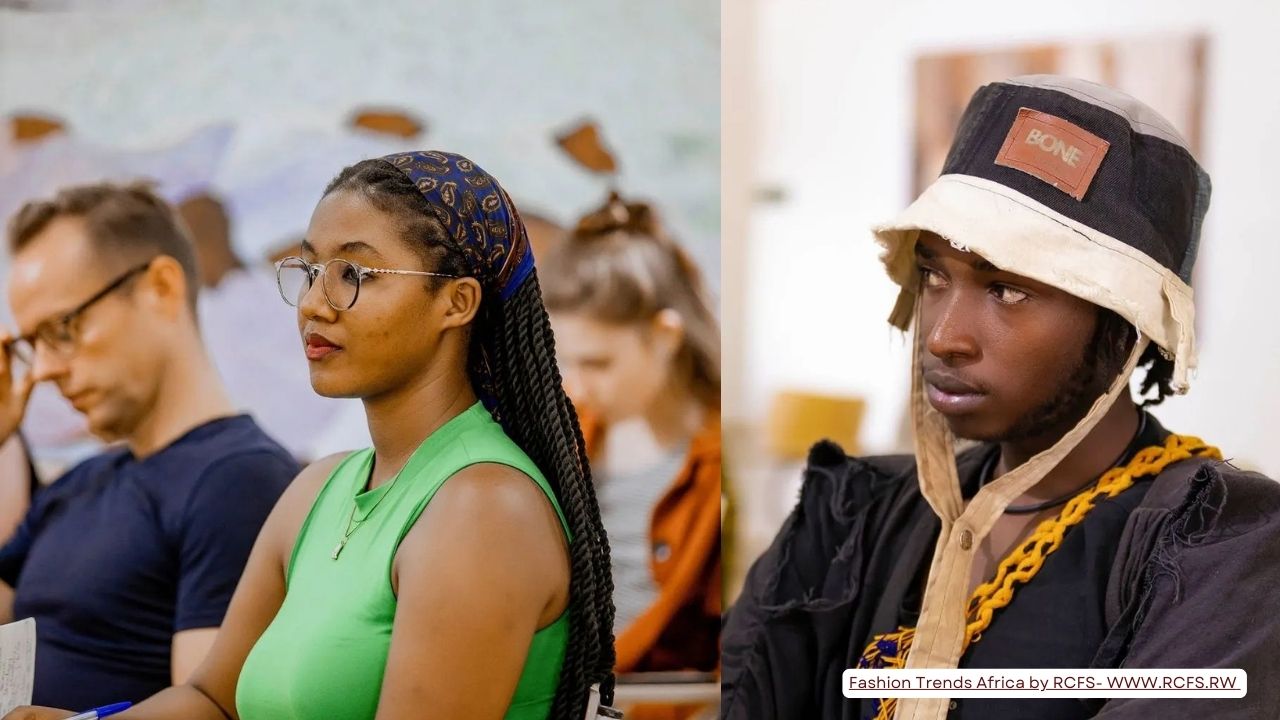 Participants during the discussions at the Institut Français in Kigal [Photo Credit: Kuza Africa]
Participants during the discussions at the Institut Français in Kigal [Photo Credit: Kuza Africa]
Each panelist shared their personal journey in the fashion industry:
Chris Manzi discussed how hip-hop culture and skateboarding influenced Wear Fragile's designs, creating a niche market in Rwanda. He emphasized that Wear Fragile is more than a fashion brand; it's a movement for artists and creatives to express themselves through documentaries, pop-up events, and costume design for musicians.
Fiona Uwamahoro provided an academic perspective on the industry's development, expressing admiration for designers who have achieved much with limited resources.
Gikundiro Jo shared her experiences as a woman in Rwanda's fashion industry, discussing the challenges of starting her brand and co-founding Novelty Fashion, a platform for emerging designers to gain industry exposure.
Cleo explained how international exposure shaped Charmille's approach to fashion and business, emphasizing the importance of gaining experience and understanding business intricacies before launching a brand.
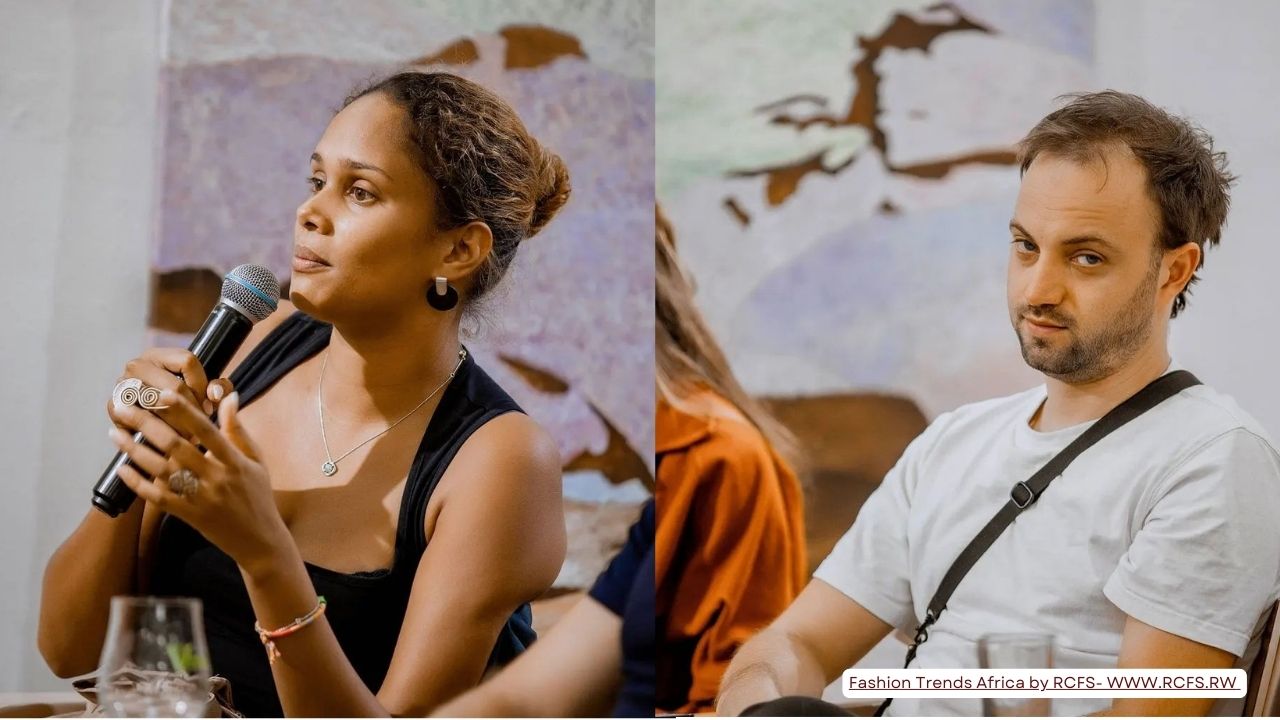 Participants during the discussions at the Institut Français in Kigal [Photo Credit: Kuza Africa]
Participants during the discussions at the Institut Français in Kigal [Photo Credit: Kuza Africa]
Challenges Facing Rwanda's Fashion Industry
Access to Resources: Panelists agreed that obtaining high-quality materials remains a significant challenge, primarily due to the lack of local textile production. They discussed strategies such as forming collaborations with local and international suppliers to overcome this obstacle.
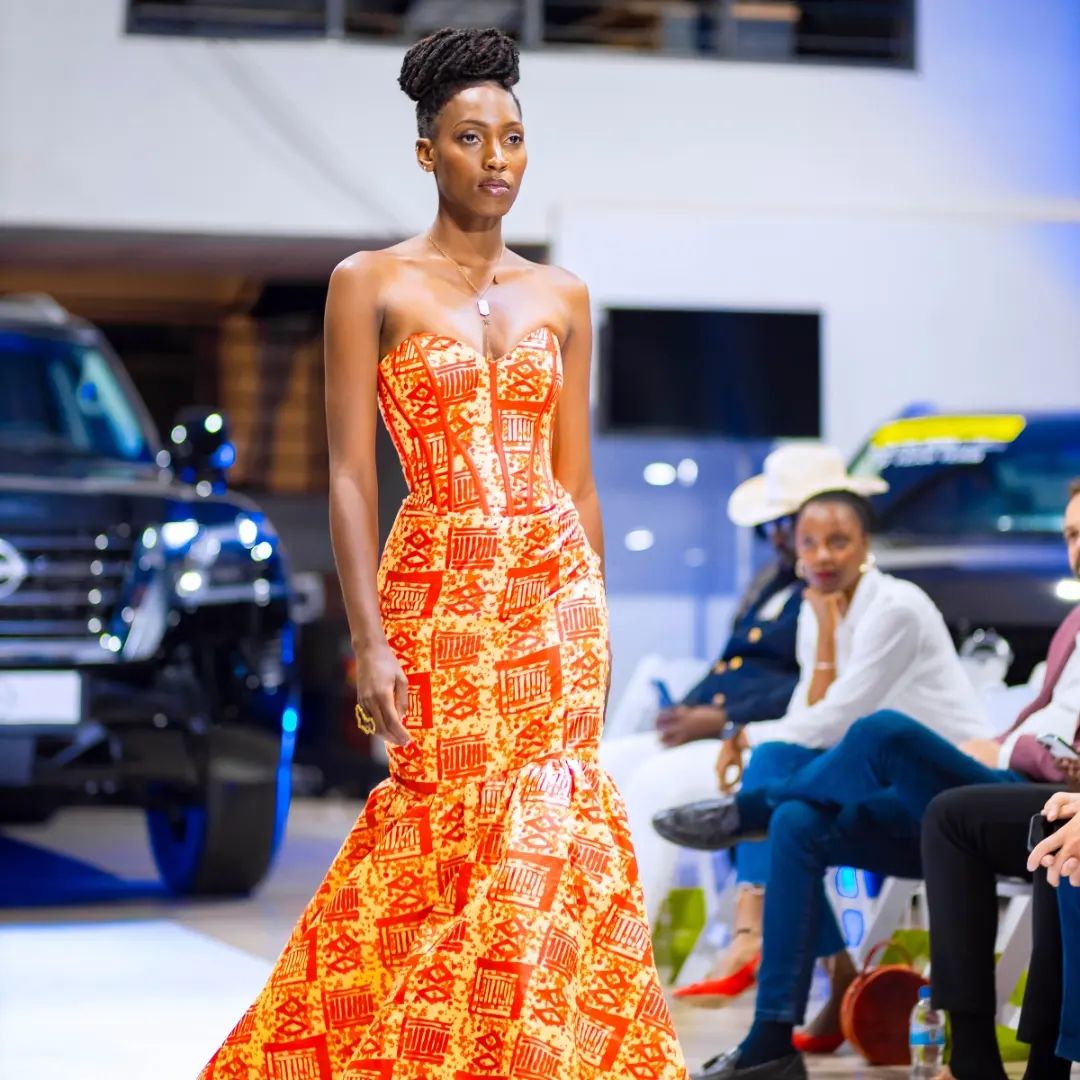 Novelty Fashion Week 2024 at Akagera Motors Showroom in Kigali [Photo Credit: NFW ]
Novelty Fashion Week 2024 at Akagera Motors Showroom in Kigali [Photo Credit: NFW ]
Funding and Financial Support: The conversation revealed the difficulties fashion designers face in securing financial backing. Panelists shared experiences of bootstrapping their businesses, with Chris emphasizing the importance of building relationships with investors who understand the fashion industry. Gikundiro Jo noted that the problem extends beyond financial institutions' lack of understanding of creative businesses; designers themselves often struggle to effectively pitch their businesses to potential investors.
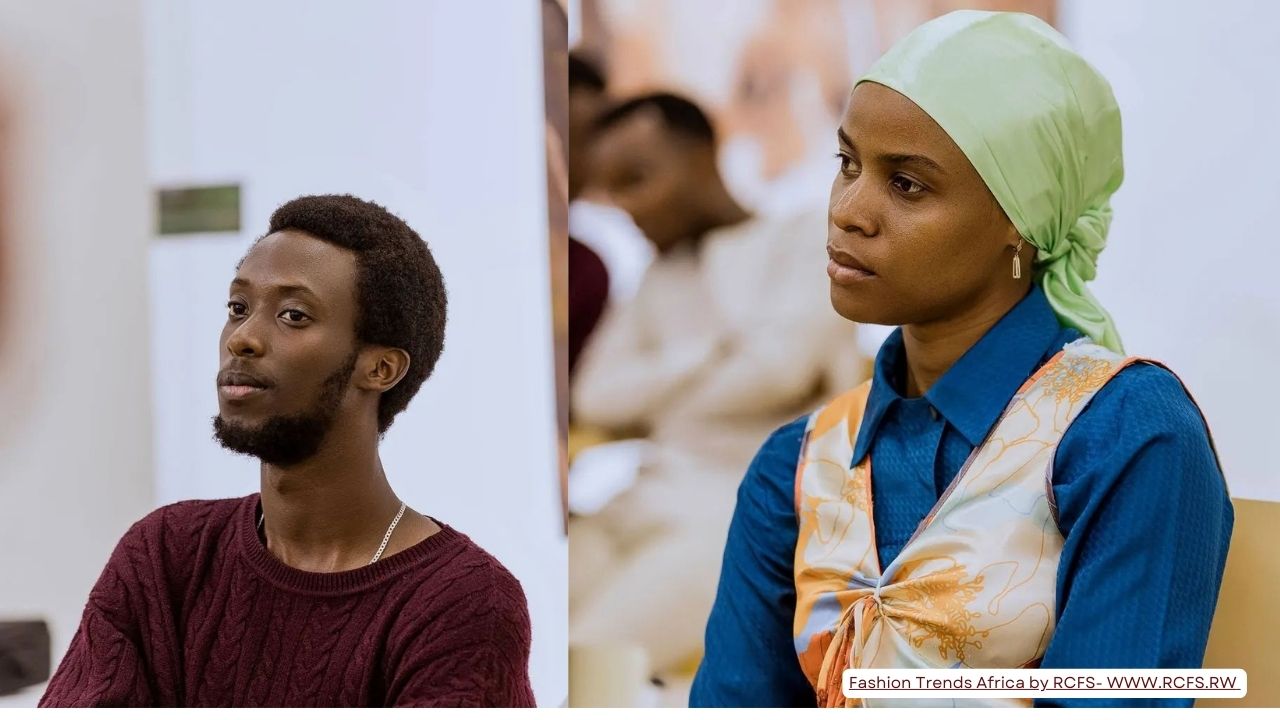 Participants during the discussions at the Institut Français in Kigal [Photo Credit: Kuza Africa]
Participants during the discussions at the Institut Français in Kigal [Photo Credit: Kuza Africa]
Business Acumen: The need for designers to develop strong business skills emerged as a critical point. Panelists discussed the importance of marketing, financial management, and strategic planning, with Fiona emphasizing the role of education and mentorship in building these skills.
Market Access: The discussion highlighted the challenges Rwandan designers face in accessing both local and international markets. Chris shared how he leveraged social media to reach a broader audience, while Cleo emphasized the need for professional networks to break into international markets.
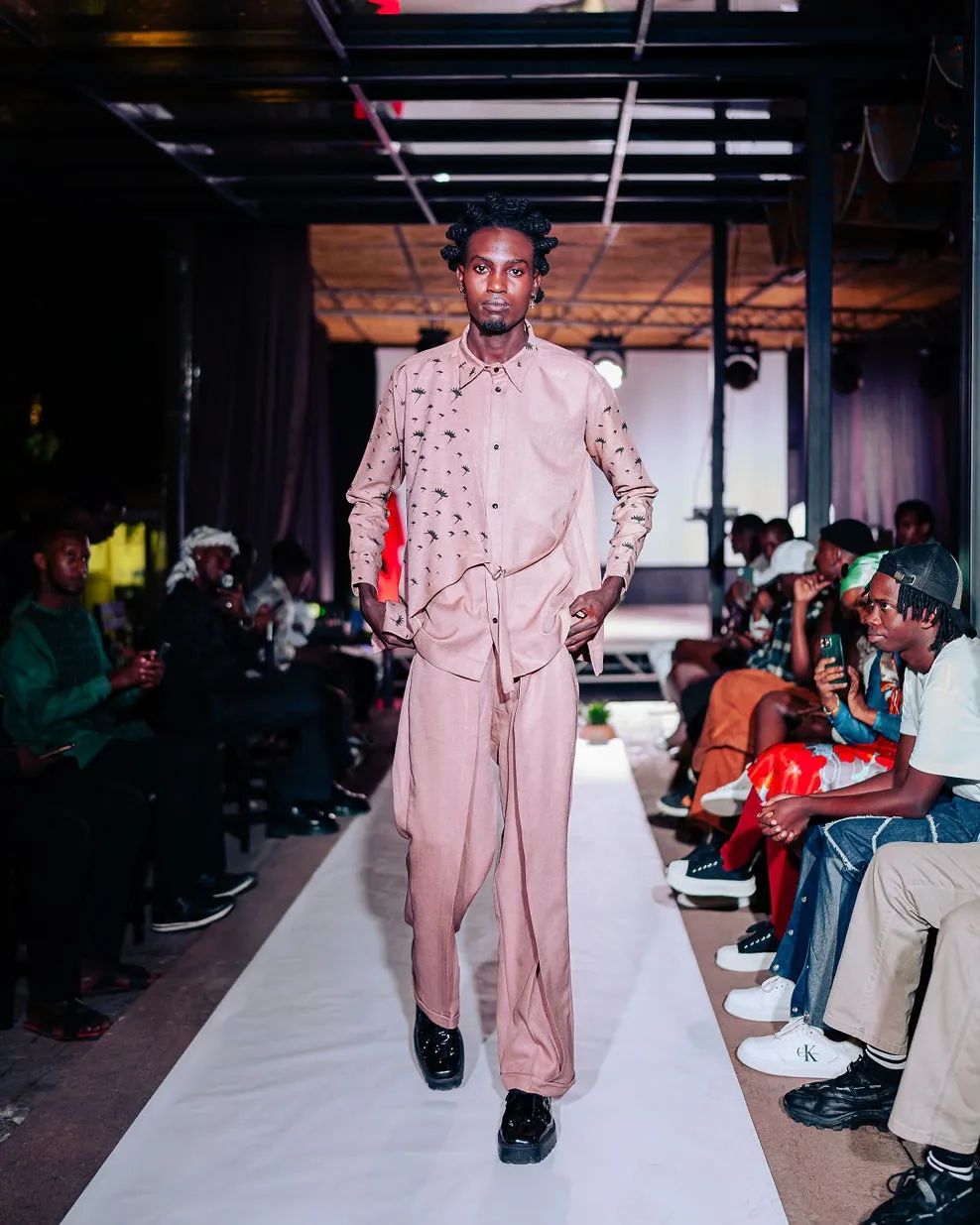 Novelty Fashion Week 2024 [Photo Credit: NFW ]
Novelty Fashion Week 2024 [Photo Credit: NFW ]
Opportunities and Solutions
Leveraging Culture and Identity: Panelists explored how incorporating Rwandan culture into fashion can create unique and marketable products. Cleo discussed how traditional Rwandan attire inspires Charmille's wedding designs, while Chris spoke about merging global subcultures with local identity. When asked about potentially overused elements like Imigongo patterns, Chris suggested innovating rather than abandoning these cultural motifs.
Technological Advancements: The conversation addressed technology's role in the fashion industry, discussing how adopting new technologies can streamline production processes and open up opportunities in e-commerce and digital marketing.
Sustainable Practices: Sustainability and circular economy principles emerged as potential solutions. Panelists discussed the need for education on sustainable practices among designers. Chris explained how Wear Fragile minimizes waste by reusing fabric scraps for accessories and creating products from 100% upcycled materials.
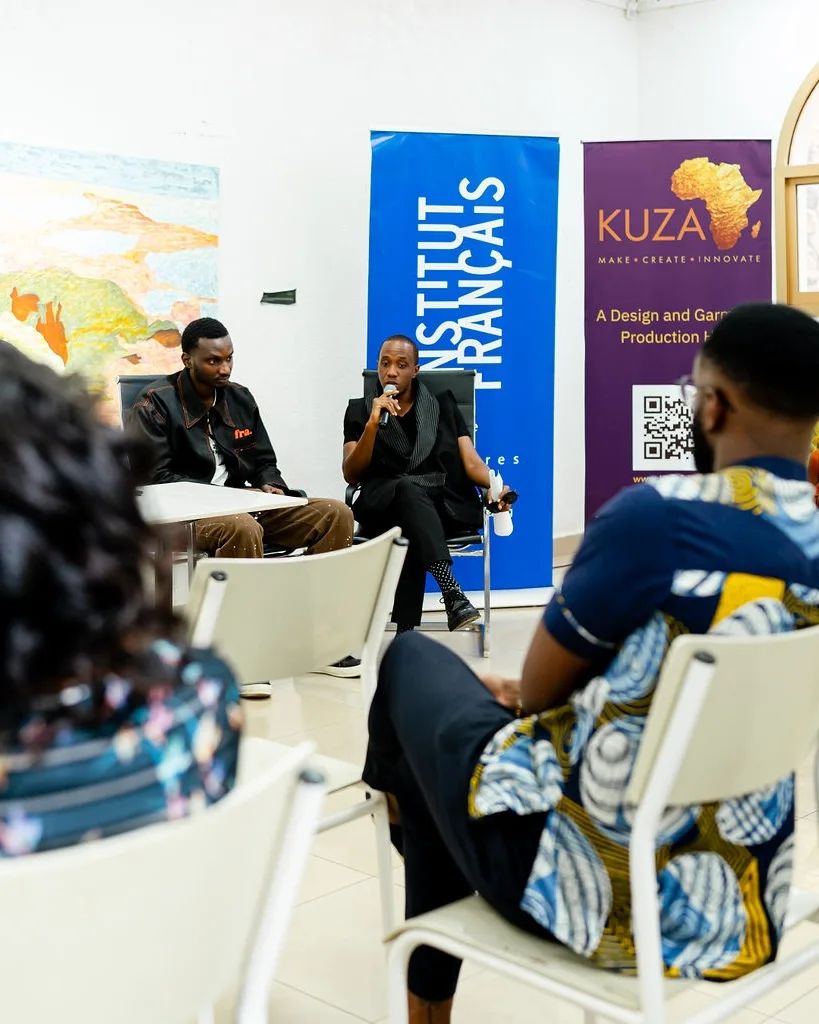 Holding the microphone is Maximilien Kolbe moderator of the discussion and Team member Kuza Africa [Photo Credit: NFW ]
Holding the microphone is Maximilien Kolbe moderator of the discussion and Team member Kuza Africa [Photo Credit: NFW ]
Future Vision for Rwandan Fashion
The discussion concluded with each panelist sharing their vision for the future of Rwandan fashion. They expressed optimism about the industry's potential, believing that with the right support, Rwandan fashion can achieve both local and international success. The conversation emphasized the need for collaboration between designers, investors, and policymakers to create a robust and supportive ecosystem.
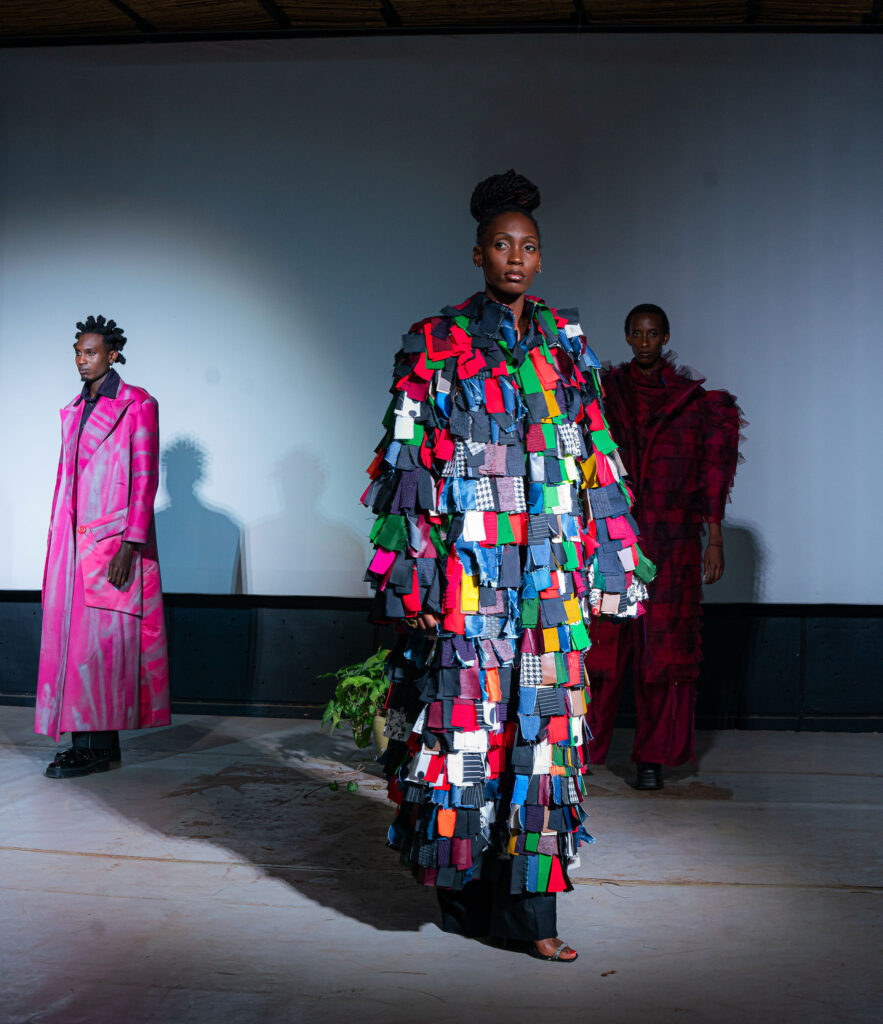 Novelty Fashion Week 2024 at Akagera Motors Showroom in Kigali [Photo Credit: NFW ]
Novelty Fashion Week 2024 at Akagera Motors Showroom in Kigali [Photo Credit: NFW ]
It's clear that networking and collaboration can help fashion entrepreneurs in Rwanda address the challenges and opportunities in their industry. According to the Kuza Africa report, encouraging ongoing collaboration among panelists and attendees is crucial to building a supportive community within the Rwandan fashion industry. All participants agreed to continue planning future discussions and workshops focused on specific challenges and opportunities identified during the panel.
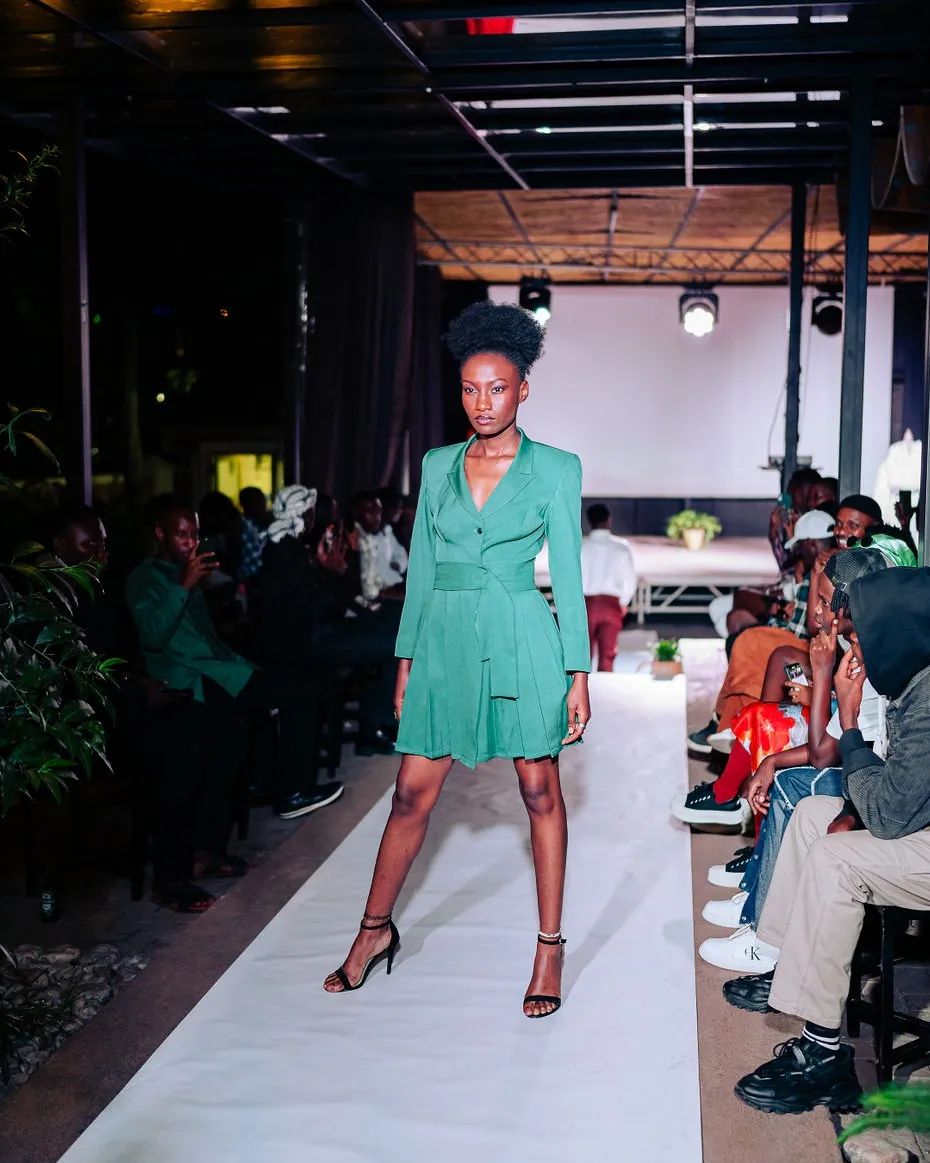 Novelty Fashion Week 2024 [Photo Credit: NFW ]
Novelty Fashion Week 2024 [Photo Credit: NFW ]
As Rwanda's fashion scene continues to evolve, addressing these key areas – access to resources, financial support, business education, market access, cultural integration, technological adoption, and sustainability – will be crucial for its growth and success on both local and international stages.
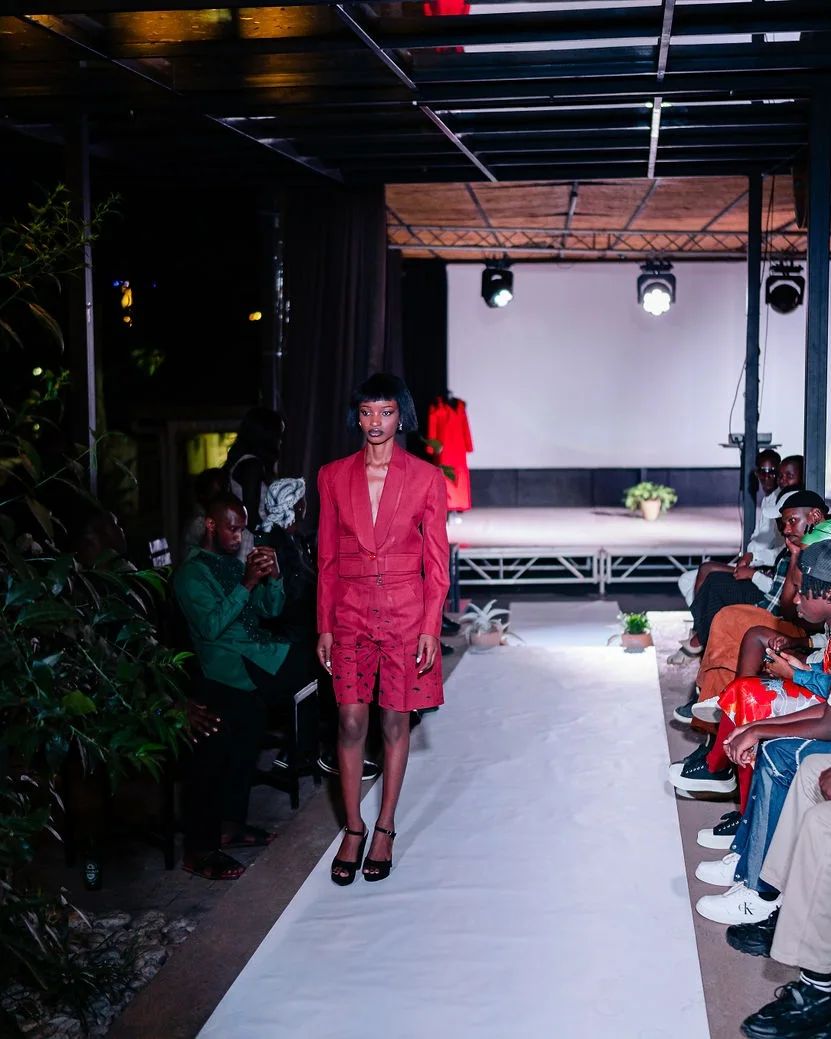 Novelty Fashion Week 2024 [Photo Credit: NFW ]
Novelty Fashion Week 2024 [Photo Credit: NFW ]
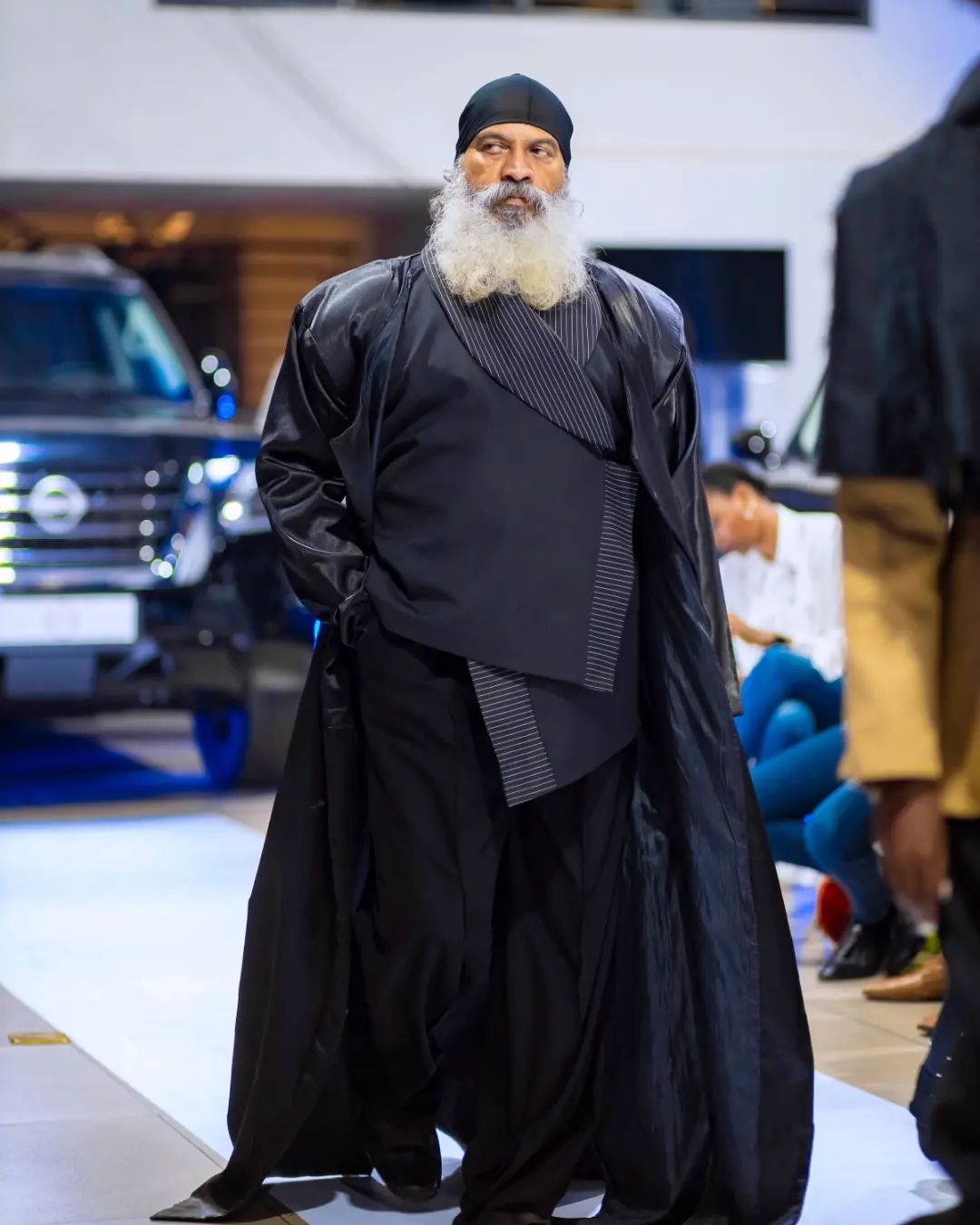 Novelty Fashion Week 2024 at Akagera Motors Showroom in Kigali [Photo Credit: NFW ]
Novelty Fashion Week 2024 at Akagera Motors Showroom in Kigali [Photo Credit: NFW ]
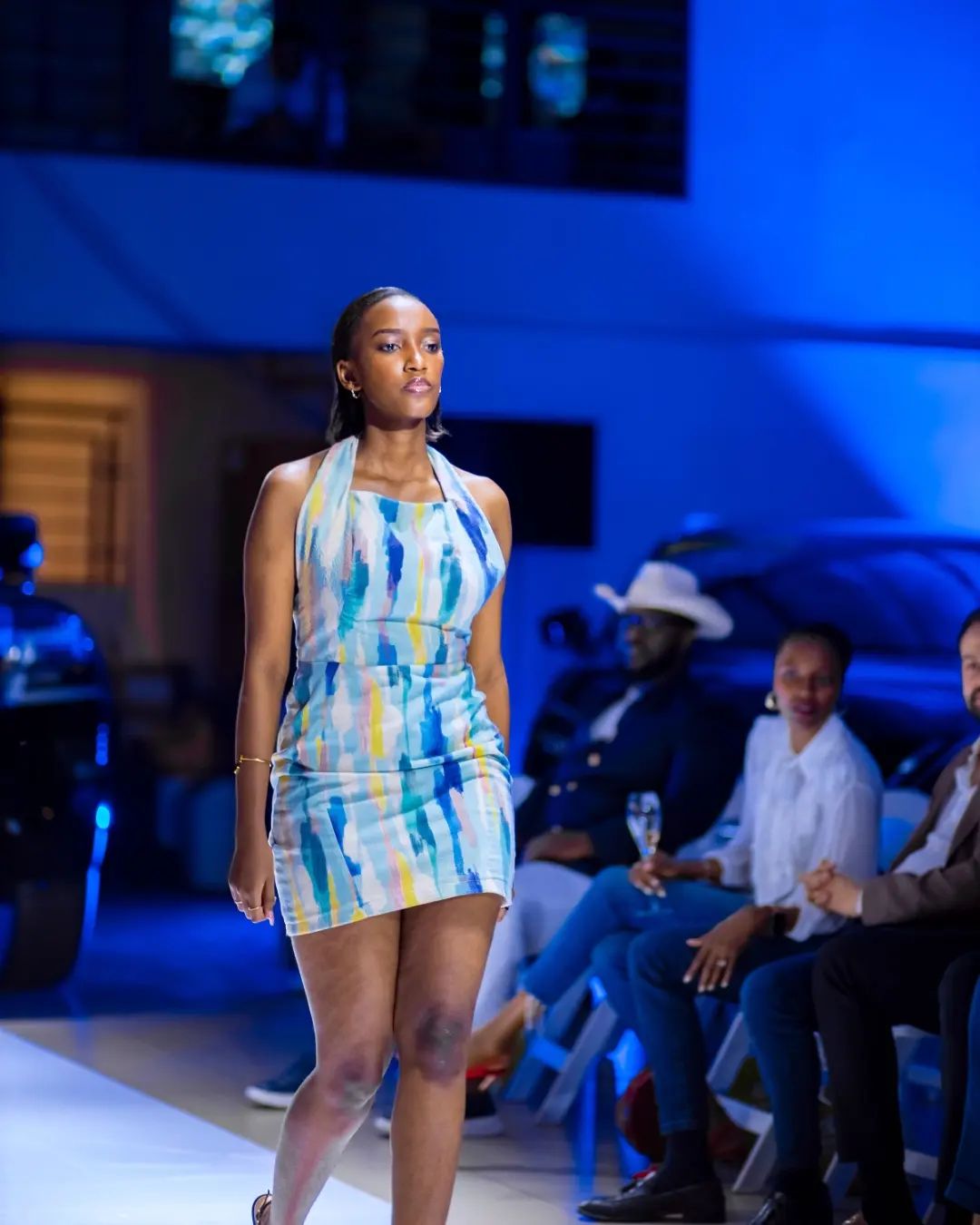 Novelty Fashion Week 2024 at Akagera Motors Showroom in Kigali [Photo Credit: NFW ]
Novelty Fashion Week 2024 at Akagera Motors Showroom in Kigali [Photo Credit: NFW ]
Latest from RCFS
- One week to go until Africa Sourcing and Fashion Week 2024: Designers, Exhibitors, and Speakers
- One week to go until Africa Sourcing and Fashion Week 2024: Designers, Exhibitors, and Speakers
- 9 Years Milestone: Moses Turahirwa and His Moshions Brand Rwanda-Based
- 9 Years Milestone: Moses Turahirwa and His Moshions Brand Rwanda-Based
- What to Expect in Lagos Heineken Fashion Week 2024: Runways Kick off Today



